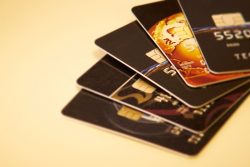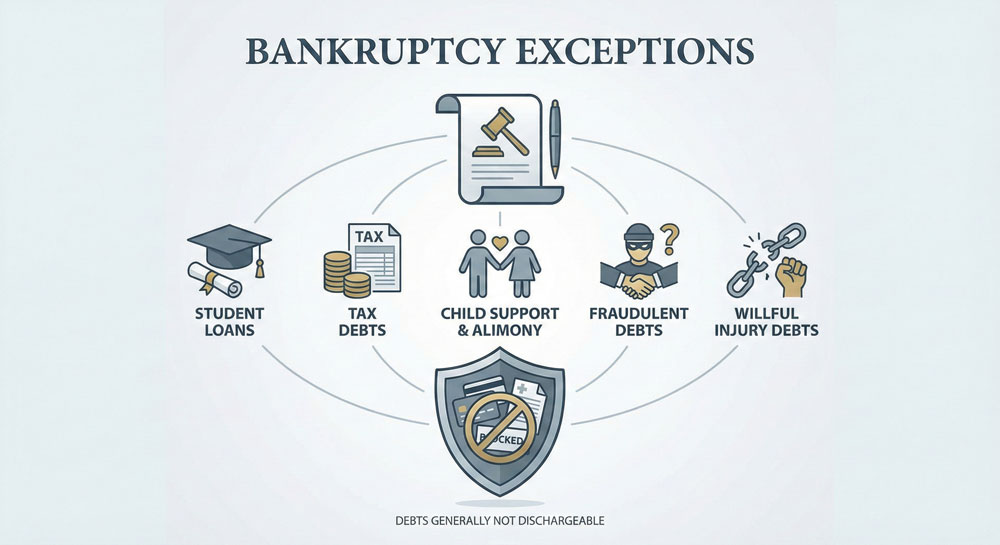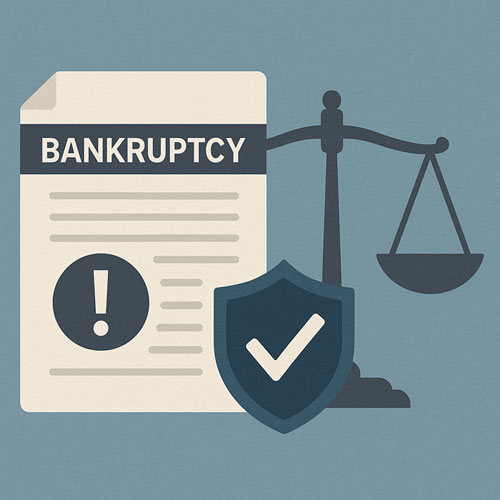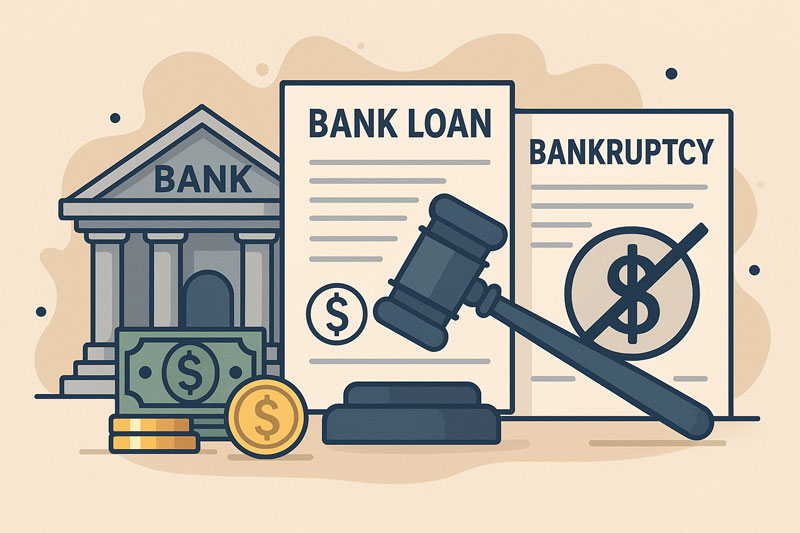Credit Cards And Bankruptcy
 Credit cards are a common financial tool that many people use to make purchases and manage their expenses. While credit cards can be useful, they can also lead to financial difficulties. In this blog post, we will explore the relationship between credit cards and bankruptcy.
Credit cards are a common financial tool that many people use to make purchases and manage their expenses. While credit cards can be useful, they can also lead to financial difficulties. In this blog post, we will explore the relationship between credit cards and bankruptcy.
What is Bankruptcy?
Bankruptcy is a legal process that allows individuals or businesses to declare their inability to repay debts to their creditors. In exchange for surrendering some of their assets, they receive relief from the burden of their debts. There are two primary forms of bankruptcy for individuals: Chapter 7 and Chapter 13.
Chapter 7 bankruptcy involves liquidating all non-exempt assets to pay off debts. After the liquidation process is complete, the remaining debts are discharged, providing a fresh start for the individual.
Chapter 13 bankruptcy involves creating a repayment plan to pay off some or all of the individual’s debts over a period of three to five years. Once the repayment plan is complete, any remaining debts are discharged.
How Credit Cards Can Lead to Bankruptcy
Credit cards can be a significant factor in causing financial problems that lead to bankruptcy. Here are some ways credit cards can contribute to bankruptcy:
High-Interest Rates: Credit cards often come with high-interest rates, which can lead to accumulating large amounts of debt quickly. The high-interest rates can make it difficult to pay off the balance each month, leading to a cycle of debt.
Overspending: Credit cards make it easy to overspend, and the ease of using them can make it difficult to keep track of how much is being spent. Overspending can lead to high balances and interest charges that can be difficult to pay off.
Job Loss or Medical Expenses: Unexpected events, such as job loss or medical expenses, can put individuals in a difficult financial situation. If they don’t have enough savings to cover these expenses, they may turn to credit cards to pay for them. This can lead to a cycle of debt that is difficult to escape.
Minimum Payments: Credit card companies often offer minimum payment options that can make it seem like the debt is manageable. However, paying only the minimum balance can lead to a cycle of debt that is difficult to escape.
How to Avoid Credit Card-Related Bankruptcy
While credit cards can contribute to financial difficulties, there are steps individuals can take to avoid credit card-related bankruptcy:
Create a Budget: Creating a budget is a crucial step in managing finances. It can help individuals understand their income and expenses and create a plan to pay off debt.
Pay More than the Minimum: Paying more than the minimum payment can help reduce the overall balance faster and reduce interest charges.
Avoid Overspending: Avoiding overspending is crucial in preventing a cycle of debt. Individuals should only make purchases they can afford and track their spending to avoid overspending.
Consider Credit Counseling: Credit counseling can provide individuals with financial education and help them develop a plan to manage their debt.
Credit cards can be a useful financial tool, but they can also lead to financial difficulties and bankruptcy if not used responsibly. Understanding the risks associated with credit cards and taking steps to avoid credit card-related debt can help individuals avoid bankruptcy and maintain their financial stability. Creating a budget, paying more than the minimum payment, avoiding overspending, and considering credit counseling are all effective ways to manage credit card debt and avoid bankruptcy.
If questions, reach out to your Fairfield bankruptcy attorney at 707-385-0422
Categorized in: Uncategorized



